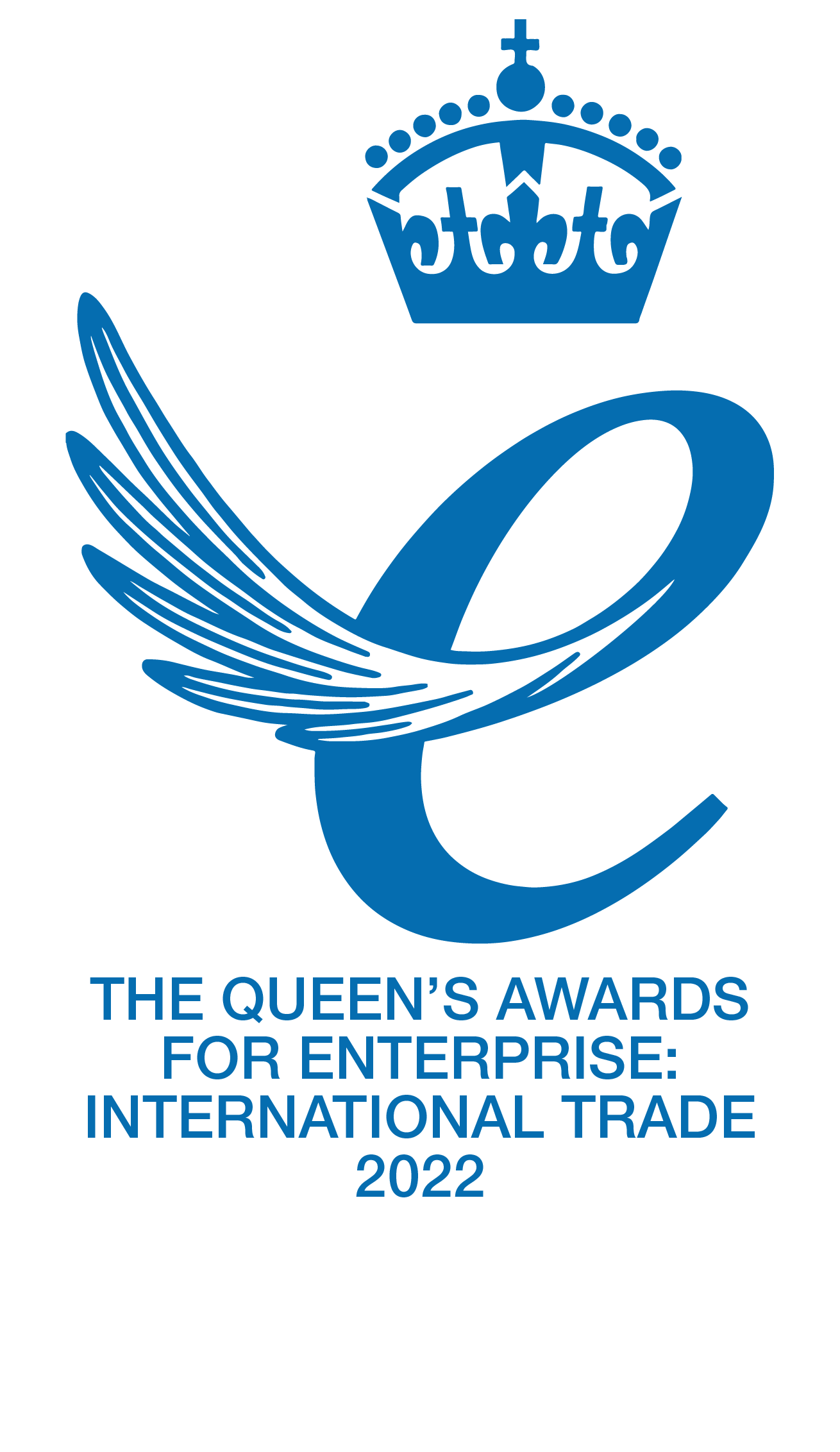Standardisation is required in the shipping industry to allow for confidence in technology by operators. Common standards ensures consistency, which promotes safety and efficiency. Standardisation is key to streamline processes and in the exchange of data – when utilised this will allow the shipping industry to embrace the huge potential that digitalisation has to offer the shipping industry.
Shipping needs to adopt an approach such as the aerospace industry, which is affected by international cooperation and strongly controlled by national and international regulations and standards in order to ensure safety, reliability, and cost-efficiency. In the aerospace industry, the Federal Aviation Administration and European Aviation Safety Agency generate the regulations and the airlines and member state national civil aviation authorities, such as the UK Civil Aviation Authority and Maintenance, Repair and Overhaul services implement them. A failure to certify that they have been implemented will result in an aircraft not being certified to fly.
In shipping the International Maritime Organisation (IMO) generates many of the regulations and its member flag states, such as the UK’s Maritime and Coastgaurd Agency, are expected to implement them. Indeed, they are subject to interpretation by them. The single most useful thing that the UK could do for shipping globally is to lead at the IMO so that its regulations are implemented through standardisation.
Case Study:
Speaking in from the expertise of Coltraco Ultrasonics (in the monitoring of gaseous extinguishing systems), below is an example of how standardisation will allow the shipping industry to become safer and ensure the implementation of regulations.
The regulations that currently govern gaseous extinguishing systems are the IMO SOLAS Fire Safety Systems (FSS) Code and the BS EN ISO 14520 standards. These require that the liquefied gaseous cylinders be checked for an agent loss of more than 5%, at which point they should be refilled or replaced.
Standardisation means that the crew have a responsibility to implement the regulations via regular testing, which enabled through smart ultrasonic technology and Internet of Things (IoT) IoT, should be done continuously to avoid negligence and unnecessary risk.
Smart technology provides the crew and ship owners with ease of inspection and understanding their extinguishing systems. However, the crew will not be able to refill the gaseous extinguishing system, and instead must rely on notifying the marine servicing company when they arrive at a port, despite the fact that they may only be at the port for a very short amount of time. Due to time pressures, the risk of not being able to find a contractor in time to fill the cylinders in the event of leakage is one that could jeopardise the safety of the entire ship when it is time to set sail.
Continuously monitoring the cylinders with ultrasonic sensors that utilises IoT can avoid this, because the network contribution. Using IoT enables the advance notification of the crew and shore based services whilst at sea. Therefore, preparations to address the issues can be made prior to docking to ensure the issues are resolved given the minimum time they have.
Although the implementation of the IMO SOLAS FSS and ISO 14520 codes with continuous monitoring and IoT could drive up costs of purchasing and installation, the long-term savings and benefits far outweighs the initial cost.
But for this to work seamlessly, there must be a standardisation so that the data that is received by shore-based operators from the vessel, is understood and actioned upon as per the IMO regulations. As shown by a new paper from DNV GL standardisation can enable the effective collection, storage, exchange, analysis and use of data, while contributing to improved data quality and sensor reliability in the maritime industry.






